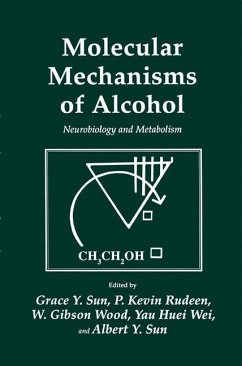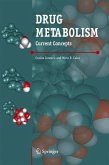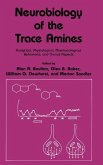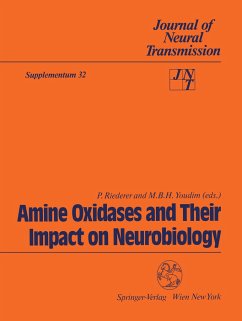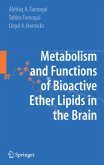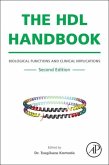Alcohol abuse throughout the world is associated with serious social and medical implications. Problems such as intoxication, tol erance, and development of physical dependence have been well recognized. The central nervous system and the liver are especially affected. There is little doubt that alcohol abuse can result in organ damage, which in turn leads to deleterious health consequences to the individual. Understanding ethanol action presents a special and functional diver challenge because of its molecular simplicity sity. In fact, the ability for alcohol to disrupt cellular function is at tributed to its cellular injury without regard to an apparent specific mechanism of action. Nevertheless, the key to an effective treatment to this problem is through research into understanding the mechan isms underlying how ethanol interacts with cells and membranes. This book is the result of a cooperative effort among scientists from many nations who met in a symposium in Taipei, Taiwan, ROC, July 1988. The focus of this book is on experimental ap proaches to better understand the molecular mechanisms of ethanol on the biological system. These recent advances in the examination of the alcohol effects on cellular function are divided into four sec tions. The first section addresses specific actions of ethanol on the central nervous system. The second section is directed to the use of cell cuI tures in ethanol research and the usefulness of cell cultures in examination of the effects of ethanol in vitro.
Hinweis: Dieser Artikel kann nur an eine deutsche Lieferadresse ausgeliefert werden.
Hinweis: Dieser Artikel kann nur an eine deutsche Lieferadresse ausgeliefert werden.

